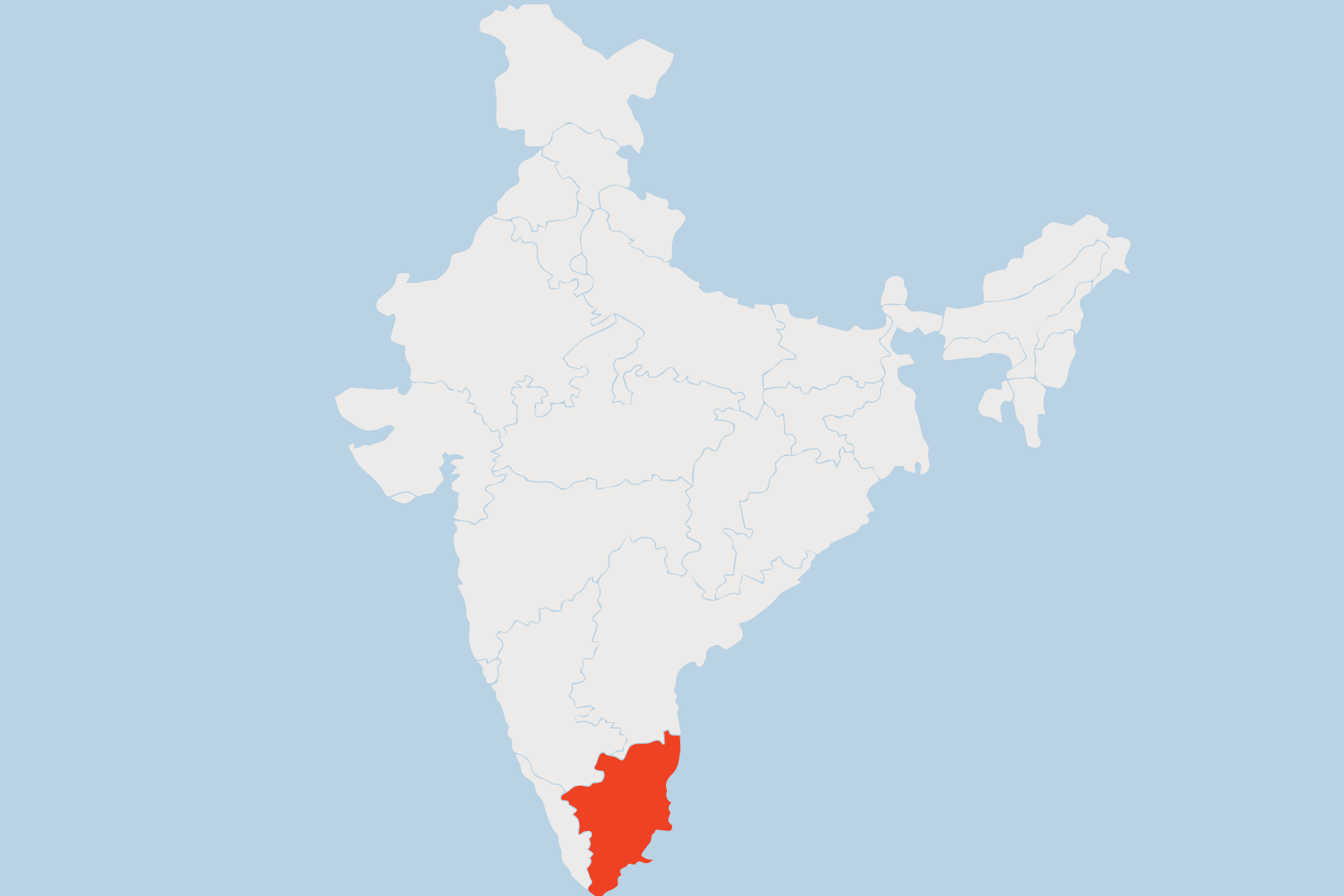Tamil Nadu


The Southeast Asia tsunami destroyed homes, wiped out villages and killed hundreds of thousands of innocent people on the morning of December 26, 2004. In India, Americares India immediately dispatched emergency relief personnel to support the Ministry of Health and the State of Tamil Nadu in conducting a comprehensive health assessment. In the days and weeks following, Americares India quickly delivered seven emergency airlifts of medical aid and relief supplies for survivors in Sri Lanka, Indonesia and India, including 36 tons of medicines, supplies, nutritional supplements, water purification treatments and other aid valued at over $8 million to Chennai. These relief supplies were distributed to more than 30 hospitals and clinics throughout 11 of the worst affected districts in Tamil Nadu, including Nagapattinam and Cuddalore. But our work didn’t end there.
An unprecedented outpouring of support allowed Americares India to undertake our largest relief effort to date, investing $46 million over the past five years to rebuild schools, hospitals, water systems and livelihoods for survivors across the region. Americares India selected projects based on the carefully assessed needs of the affected communities, the impact on each community, and the cost-effectiveness of each investment.
One of Americares India largest tsunami relief projects to date is the new, $3.5 million wing at the District Base Hospital at Elpitiya in Sri Lanka, which was inundated with patients after the tsunami because so many other hospitals were destroyed or overburdened. Americares India recently completed construction on the four-story addition that houses patient wards, two operating rooms, a blood bank, updated laboratory and maternity ward with nine private delivery rooms – a first in the region.
The hospital addition increased the medical services offered and added 150 beds – doubling the number of patients served. Americares India also fully equipped the new wing with the necessary medical equipment and furniture.
“The improvements made by Americares India will allow the hospital to provide a higher level care for expectant mothers and other patients for years to come,” said Rachel Granger who oversees Americares India Tsunami Relief Program. “Patients who previously had to travel long distances for specialized care can now get the services they need right in Elpitiya.”
Thanks to the improvements made by Americares India, the Ministry of Health plans to make the Elpitiya hospital a teaching facility in the future.
Years after the devastating tsunami, Americares India continued its support of recovery efforts by partnering with Project Concern International India (PCI) to fund a program aimed at improving the health and disaster preparedness status of 22 of the most affected tsunami villages in the districts of Nagapattinam and Karaikal, Tamil Nadu. During the fifteen months of its implementation, the Americares India grant to PCI made remarkable progress in improving the health status of the Tsunami affected communities, empowering people living with HIV/AIDS (PLWHA), and building the capacity of communities & Community Based Organizations (CBOs) in disaster preparedness and management.
